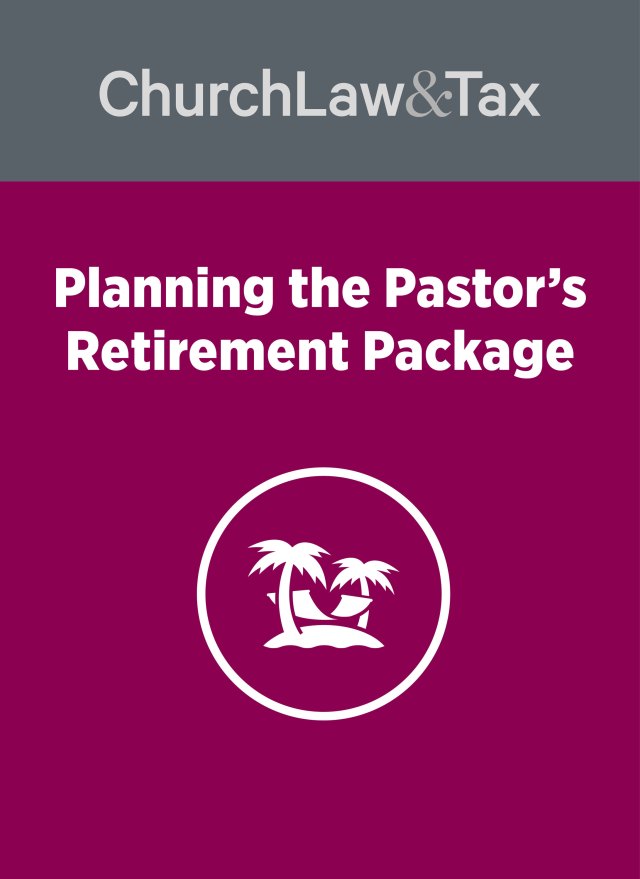We have noted in previous issues of this newsletter that ministers who opted out of social security have been given a limited opportunity to revoke their exemption. The IRS announced recently that ministers will use Form 2031 to revoke an exemption, and that the new form would be available in April of 2000. Ministers wanting to revoke an exemption from social security can obtain a copy of Form 2031 by calling the IRS toll-free forms hotline at 1-800-TAX-FORM, or by downloading a copy from the IRS website (www.irs.gov).
Remember that ministers who have opted out of social security will have until April 15, 2002 to revoke their exemption. Ministers who revoke their exemption will have to elect, on Form 2031, to begin coverage as of either January 1, 2000 or January 1, 2001. In order to minimize or avoid paying “back taxes,” ministers wanting to revoke an exemption should file the revocation form as follows:
As soon as the form is issued by the IRS, and elect to begin coverage as of January 1, 2000. The form must be accompanied by a check in the amount of estimated self-employment taxes for previous quarters of year 2000. For example, if the Form 2031 is filed on May 1, 2000, a minister would need to enclose a check in the amount of the first quarter of estimated self-employment taxes for 2000 (due on April 15). If the Form 2031 is filed on June 30, 2000, a minister would need to enclose a check in the amount of the first two quarters of estimated self-employment taxes for 2000 (due on April 15 and June 15). These examples illustrate that ministers who want to begin social security coverage as of January 1, 2000 will need to file the Form 2031 as soon as possible in year 2000 in order to avoid a large liability for back taxes.
• Key point. Some ministers who are nearing retirement will want to elect to begin coverage on January 1, 2000 in order to accumulate four quarters of coverage for the year. In general, it takes forty quarters of coverage to be “permanently insured” for social security and Medicare benefits.
At anytime in the year 2000, and elect to begin coverage on January 1, 2001. This will avoid any liability for back taxes. Ministers will pay self-employment taxes along with their quarterly installments of estimated income taxes on April 15, June 15, and September 15 of year 2001, and January 15 of 2002.
For more information, see the feature article entitled “Revoking an Exemption from Social Security” in the July-August 1999 issue of this newsletter.
© Copyright 2000 by Church Law & Tax Report. All rights reserved. This publication is designed to provide accurate and authoritative information in regard to the subject matter covered. It is provided with the understanding that the publisher is not engaged in rendering legal, accounting, or other professional service. If legal advice or other expert assistance is required, the services of a competent professional person should be sought. Church Law & Tax Report, PO Box 1098, Matthews, NC 28106. Reference Code: m68 c0300




